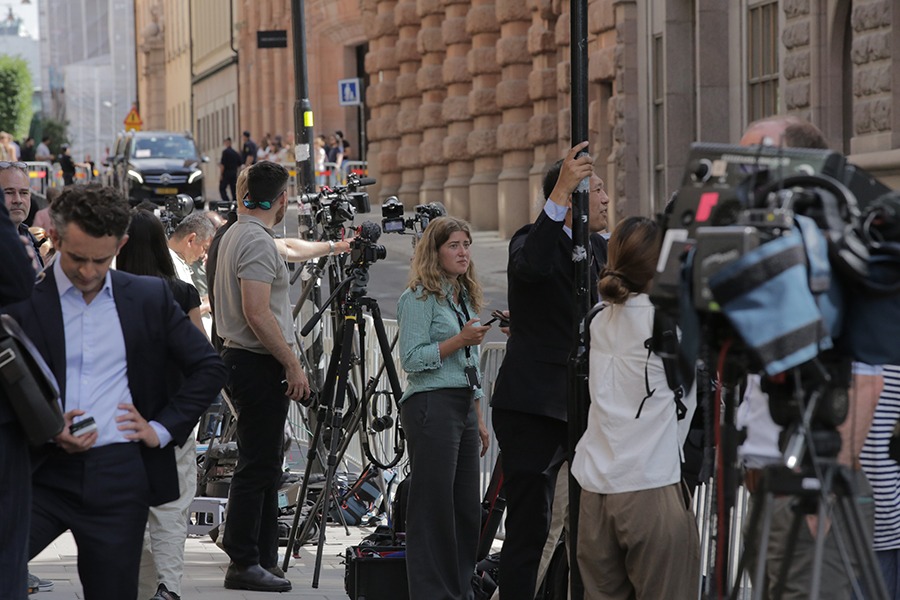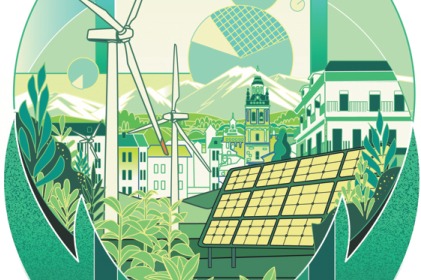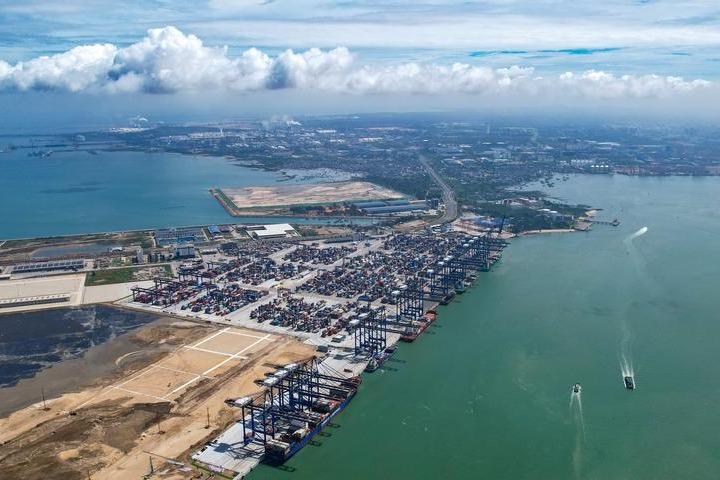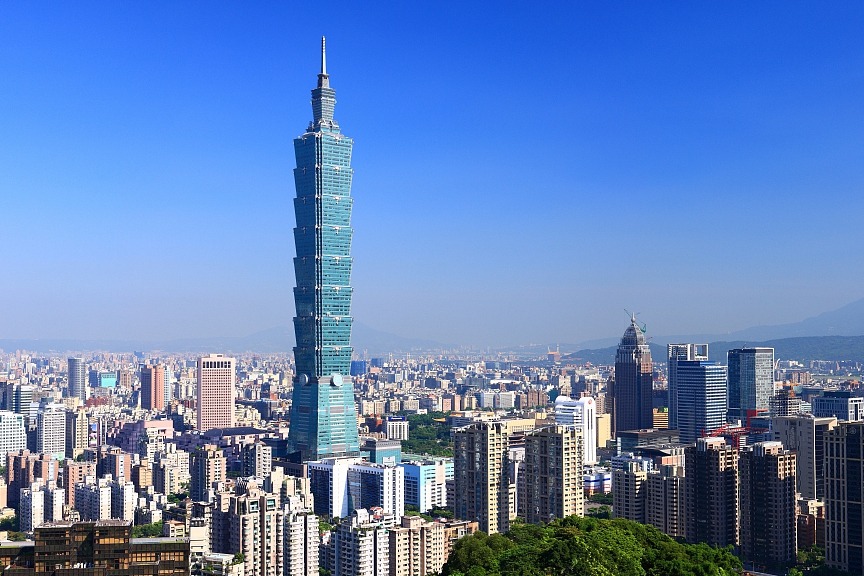It's time US and Iran stepped down a bit

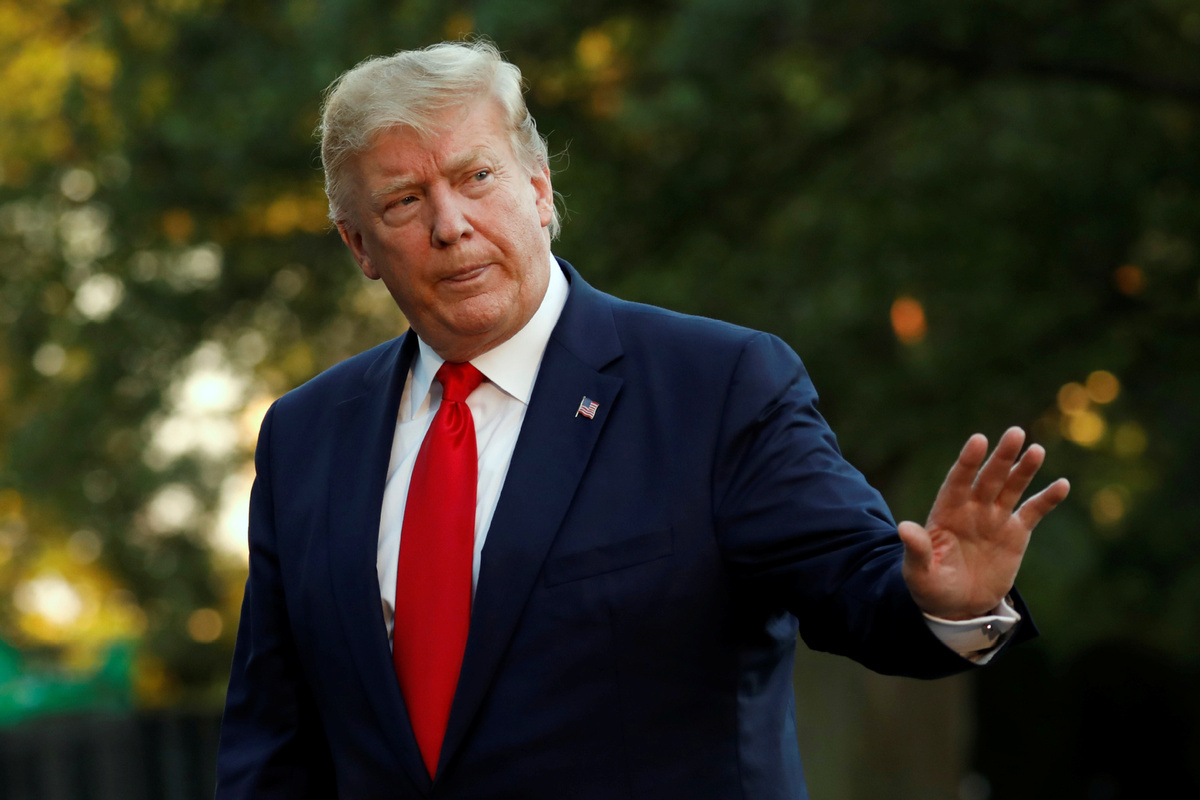
Editor's Note: Iran's enriched uranium stockpile has passed the 300-kilogram limit set by the 2015 nuclear deal, from which the United States withdrew in May last year. Given the mounting tensions between Teheran and Washington, how would the situation evolve? Three experts share their views on the issue with China Daily's Liu Jianna. Excerpts follow:
End of deadlock nowhere in sight
Iran seems to have adopted a strategy similar to the US' "maximum pressure" in the hope it would help it garner tangible support from the European Union to somewhat offset the effects of US sanctions on its economy. The enrichment of uranium beyond the limit set by the Iran nuclear deal is a part of that strategy. Yet given the overall picture, what the EU can do is limited.
In the short term, the standoff between the US and Iran is likely to continue with increasing risks of provocation and reprisal similar to the shooting down of a US drone by Teheran but little chance of a war breaking out, as it could weaken US President Donald Trump's advantages when he is preparing for re-election and aggravate the economic difficulties that Iran is now mired in.
At the moment, Washington and Teheran are engaged in a sort of contest to sound each other out with the US sending a dozen F-22 Raptor stealth fighters to Qatar, and Iran reportedly poised to sentence several American spies to death. It appears the two sides are determined to use any tool in sight to exert more pressure on the other.
Given these facts, the possibility of the Iran nuclear deal being completely disabled cannot be ruled out, especially because neither country is expected to back down. Despite that, a war seems unlikely. Nonetheless, the rising tensions in the Persian Gulf would deal a severe blow to regional security.
Huang Minxing, a professor of Middle Eastern studies at the Institute of Middle Eastern Studies, Northwest University
Possibility of military conflict increases
If Iran crosses the uranium enrichment threshold set by the nuclear deal after breaking the stockpile restrictions, it will put greater pressure on the international community to drive sense into the US, as well as sending a message that it alone will not bear the consequences of an accord that has faltered for no fault of its own.
That Iranian supreme leader Ali Khamenei has repeatedly emphasized that Teheran has little interest in building nuclear weapons, including his remarks during Japanese Prime Minister Shinzo Abe's recent visit to Iran that nuclear weapons are forbidden under Islamic law, serves as a kind of brinkmanship-Teheran doesn't want to make nuclear weapons but will do so if needed. On the other hand, the bottom line for the US is that Iran refrain from even trying to make a nuclear weapon, otherwise the US, or at least Israel, would take countermeasures against Iran.
In the long run the situation in the Gulf would remain unpredictable, and the chances of a military conflict, even a limited war, are increasing.
Ma Xiaolin, a professor at Zhejiang International Studies University
Tensions can be defused if US and Iran hold talks
The escalating tensions in the Gulf are a result of the aggravating psychological warfare between the US and Iran. The US has been upping the ante even after imposing diplomatic sanctions and economic blockade on Iran, by using military deterrence, including dispatching a dozen F-22 Raptor fighters to the Middle East. Trump, who apparently doesn't want the US to be engaged in a war with Iran, could be egged to do so by the hawkish forces in the US' political and economic circles.
With the two sides locked in a who-blinks-first game, there seems no immediate solution to their disputes. So in these tense times, third parties, especially the European countries, should do more to help the two sides to get off the ledge, by devising a plan acceptable to both, and setting the stage for dialogue aimed at defusing the inflammatory situation. Whether any positive outcomes will emerge depends on whether the two sides engage in talks and step down a bit.
Li Weijian, a senior research fellow at the Center for West Asian and African Studies, and the Institute for Foreign Policy Studies, Shanghai Institutes for International Studies
The views don't necessarily represent those of China Daily.
















